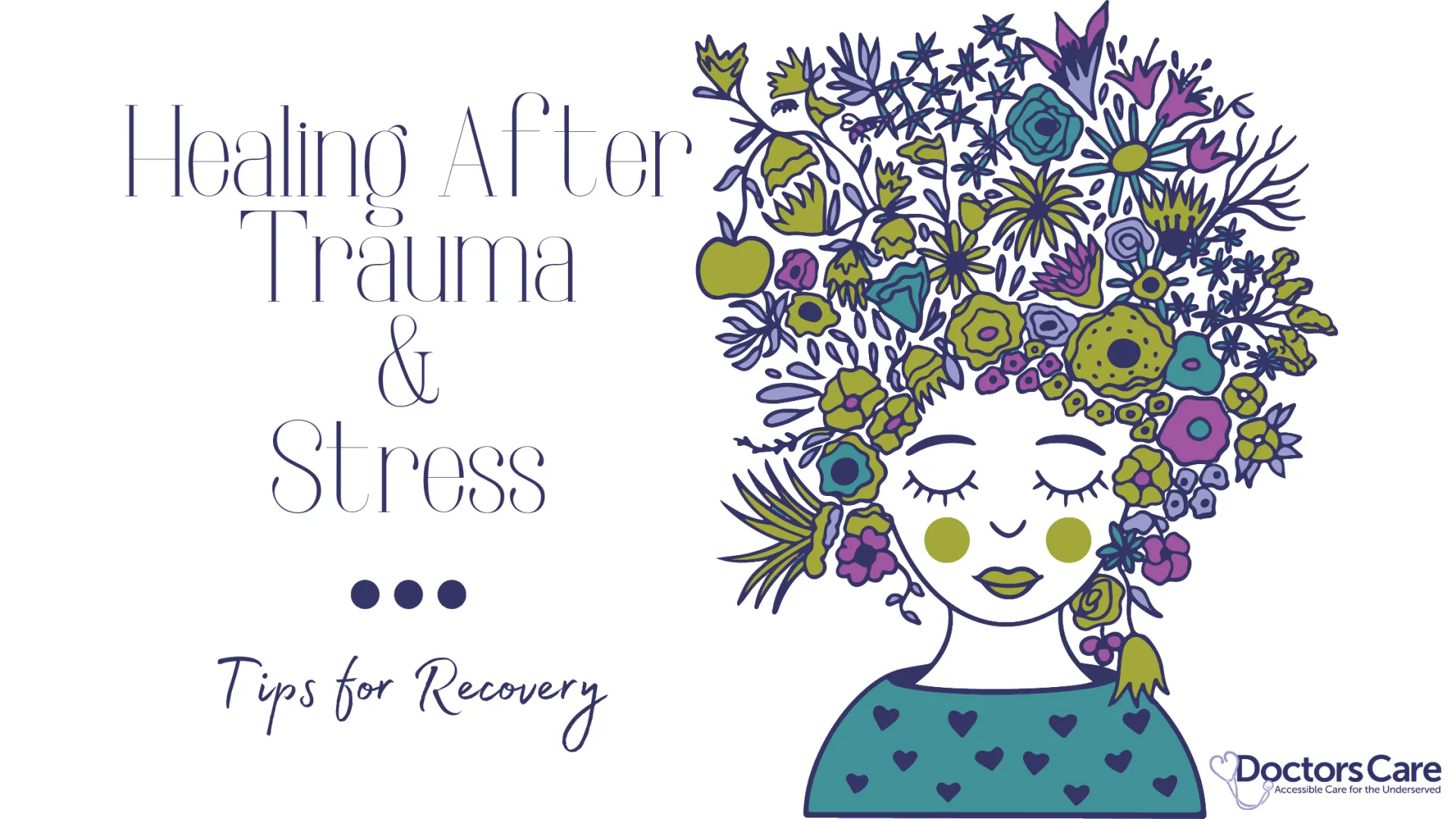Trauma, hardships, and other stressors in our lives are unavoidable. Trauma is not just abuse, terrorism, or catastrophic events. Trauma can also be caused by less obvious events that still overwhelm your ability to cope, like sickness, frequent conflict at home, or losing your job. Trauma of any kind can be hard on your mental health, but working on becoming more resilient can help you face life’s challenges.
Tips for Healing
Give Yourself Time to Reflect
During and after traumatic experiences, it’s common to go into survival mode and not have the desire to reflect on what happened. It may feel easier to push away painful feelings and avoid confronting them. Nevertheless, acknowledging what happened and how it impacted you is an important part of the healing process. When you feel ready, take some time to think about how you’ve been affected and be proud of yourself for pushing through.
Don’t Feel Ashamed to Ask for Help
Try not to compare how you’re feeling to how you think others who have been through similar experiences are feeling. You may be hard on yourself because it seems like everyone else is doing okay, but what others experience and how they cope doesn’t matter in your journey of healing. If you feel like you need or want help, it’s important to get it as soon as you can.
Stay Connected
The pain of trauma can lead some people to isolate themselves, but having a support system is a critical part of your wellbeing and recovery. Emotional support helps us to feel connected and find the strength to overcome. Talking to someone who has gone through a similar experience or someone who cares about you can be comforting – and help you feel courageous enough to meet the challenges you’re facing.
Take Care of Your Body
Stress and trauma can impact your body and physical health just as much as your mind. Listen to your body and give it what it needs to heal. Maintain a nutritious diet, get enough sleep, stay hydrated, and exercise regularly. Moving your body is especially helpful in trauma healing. Aim to do it every day, even if it’s only a few minutes of stretching.
Don’t Compare Your Experience to Others’
We often question our own thoughts or experiences after experiencing traumatic events. You may convince yourself that what you experienced wasn’t important because “other people have faced worse.” Everyone experiences trauma differently, and no one trauma is “worse” than another. If it hurt you, then it hurt you – and your feelings and experiences are valid.
Give Yourself Grace
Dealing with trauma and stress is not easy. It’s common to get frustrated with yourself and the recovery process which can sometimes be slower than expected. Try to avoid holding yourself to unreasonable standards. Instead of asking yourself “Why am I acting like this?!”, think about how impressive it is that you keep going, despite what you have faced.
Know It Will Take Time
There is no set timeline for how you “should” heal. Remove the pressure of needing to bounce back quickly and focus on taking it one step at a time. Remember: recovery isn’t linear, and it’s normal to have bad days and setbacks. It doesn’t mean you’re failing – it’s just part of the process.
Ultimately, seeking professional help when self-help efforts to improve your mental health aren’t enough is a sign of strength, not weakness. At Doctors Care, we encourage everyone to find the support they deserve. If you are on Medicaid or uninsured, and you have experienced a traumatic or stressful event, please call 303-730-1313 to set up a 15-minute consultation with Doctors Care’s Behavioral Health Specialist.
Tips for healing was adapted from Mental Health America .




